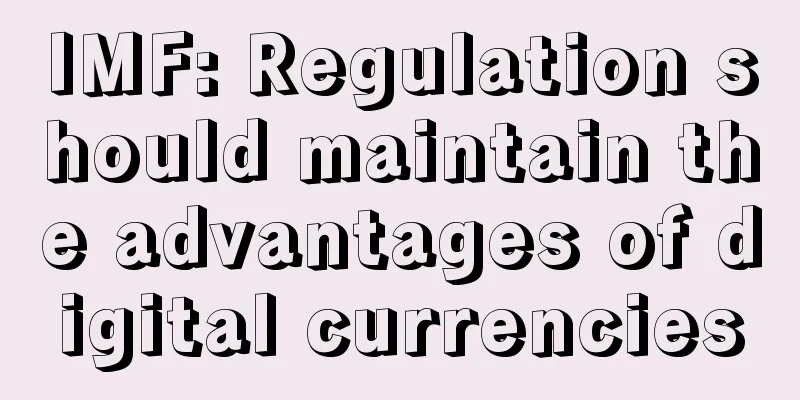IMF: Regulation should maintain the advantages of digital currencies

|
The International Monetary Fund (IMF) has released a working paper examining the risks and uses of virtual currencies such as Bitcoin and proposing a balanced regulatory framework that does not hinder innovation. IMF Managing Director Christine Lagarde mentioned the report during a panel discussion on “Financial Transformation” at the World Economic Forum in Davos. After outlining the state of virtual currencies, the report goes on to explore the potential impact of the use of digital currencies (defined to include mobile coupons and airline travel points), as well as distributed ledgers and blockchain. Notably, the paper concludes that distributed ledgers have the potential to transform finance by reducing costs and, in the long term, allowing for deeper financial inclusion. Advantages for remittanceThe report cites the technology’s potential to cut remittance costs, which can be high through “traditional” platforms, with transaction fees averaging around 7.7% globally. Recognizing that the cost of sending funds over the Bitcoin network is around 1%, the report notes that “blockchain-based intermediaries” are already providing Bitcoin remittance services in countries such as Kenya and the Philippines. In addition, the introduction of distributed ledgers can also reduce the time required by the stock exchange, which currently takes three days. The report goes on to say:
The report goes on to say that the development of smart contracts will further promote the efficiency of trading and settlement in the securities industry. Regulatory and policy challengesThe International Monetary Fund (IMF) further examined the regulatory and policy challenges faced by digital currencies in some risk areas, including consumer protection, money laundering and terrorism, taxation, exchange rates and capital controls, and monetary policy. However, it also warned that global governments may face difficulties in reaching a clear and consistent definition. In summary, while recognizing the challenges outlined above, the report recommends the creation of regulatory frameworks for virtual currencies at both the national and international levels while avoiding stifling innovation.
She added:
The full report can be found at: http://8btc.com/doc-view-401.html Original article: http://www.coindesk.com/imf-paper-preserve-digital-currency-benefits/ |
<<: R3 uses Ethereum and Microsoft Azure to connect 11 banks to distributed ledger
>>: Bitcoin startup Gatecoin joins Baidu-backed startup accelerator program
Recommend
Men with promising facial features will definitely achieve great things in the future.
Different people will have different lives. Some ...
What does a mole on a woman’s nose mean?
Although moles on a woman's face will affect ...
How to see a woman who looks like a loser to her husband
Being a bad wife or a bad husband are both taboos...
The facial features of the super invincible generator
The facial features of the super invincible gener...
What is the fortune of people with Daxishui fate and Fuzi eyes on their hands?
The direction of your fortune can be determined b...
Interpretation of this palm through Lin Qingxia's "Chuan" palm
Speaking of Brigitte Lin, I think a lot of people ...
Will a shallow wisdom line affect career luck?
From the perspective of palmistry, many lines act...
OKcoin and Huobi announced that they will only stop RMB trading this time
(Original title: Is this the fundamental reason w...
Why does acne on the nose cause financial loss?
It is not uncommon to have pimples on the nose. M...
The mysterious Satoshi Nakamoto: The most popular on The Paper, the most popular on Caixin, and the most powerful on Interface
In addition to the recent attack on Baidu, people...
Analyst: Bitcoin may fall to around $7,700 due to these two factors
On June 22, most cryptocurrency analysts believed...
Mole analysis: what does a mole on the accessory breast position indicate?
Does everyone know the location of accessory brea...
How to read the temples in face reading
The temple is not just an acupuncture point, it i...
Mole on the back of the hand: what does the mole on the hand indicate?
Mole on the back of the hand: what does the mole ...
How to tell the facial features of a woman with a mole on her mouth
In physiognomy, people's lips are also very i...









